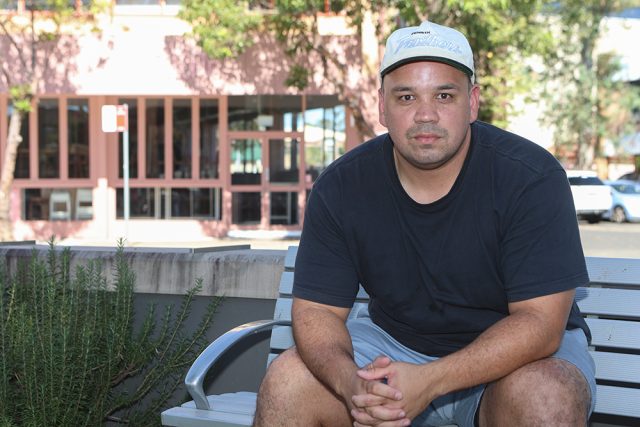As Penrith deals with a string of restaurant closures, perhaps the most surprising came last week when Mexican favourite Chechos announced it was suddenly shutting its doors.
If nothing else, it proves nobody is immune from an apparent hospitality crisis in the city.
The list of recent restaurant closures is long and alongside Chechos includes community favourites Burger Head, P’nut, The Bavarian, Taj of the Valley, Duck Duck Goose and The Savoury Dining, among others.
The Brew Lab Café has announced it will soon close while Japanese restaurant Okami is in administration.
A recent analysis of small businesses from Xero indicated that a range of factors are behind businesses struggling. A combination of interest rate hikes, inflation, and a slowdown of sales have made their impact known in the hospitality sector.
Part owner and operator of Chechos, Aaron Carrasco, shared how these indicators played a part in the closing down of his business.
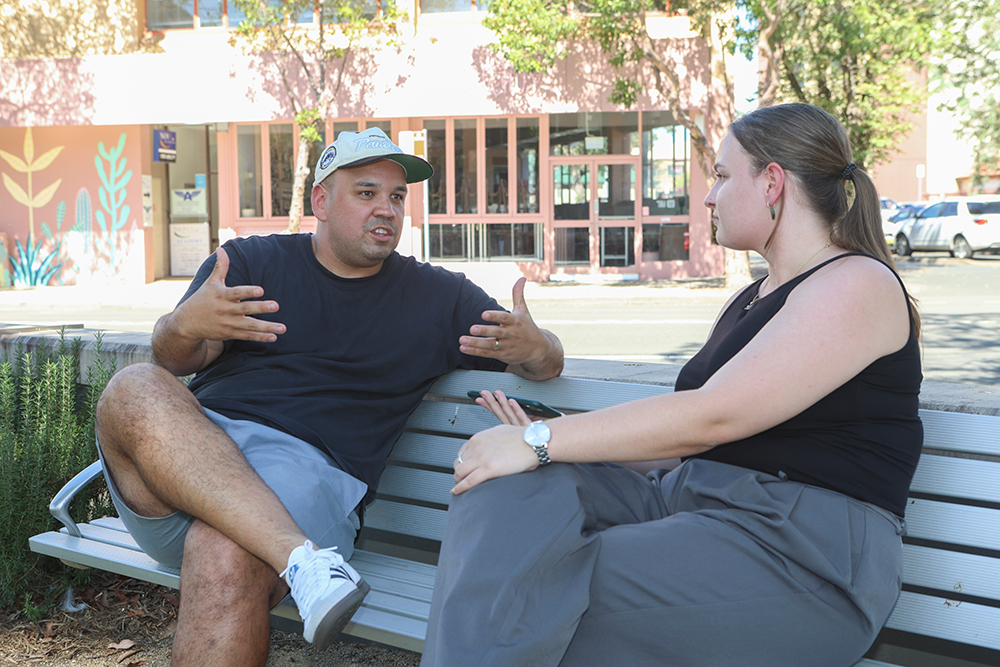
“Generally, when something closes it’s a by-product of not being relevant, or popular, or your product has deteriorated, all those things contribute, but the funny thing about Chechos is it really isn’t any of those things,” Carrasco said.
“What the problem was, everyone due to the conditions is spending about 30 per cent less. So, you invariably have to run your operation at 100 per cent and costs have gone up 30 per cent, but the revenue that comes through is 30 per cent less.
“So, you’re always going to be running at a deficit.”
Carrasco shared that while running a business can inherently be hard, the rise in costs for all utilities and produce has made the process harder.
“It’s all the cumulative factors, I think produce is a big one that has increased, as well as wages and running utilities,” he said.
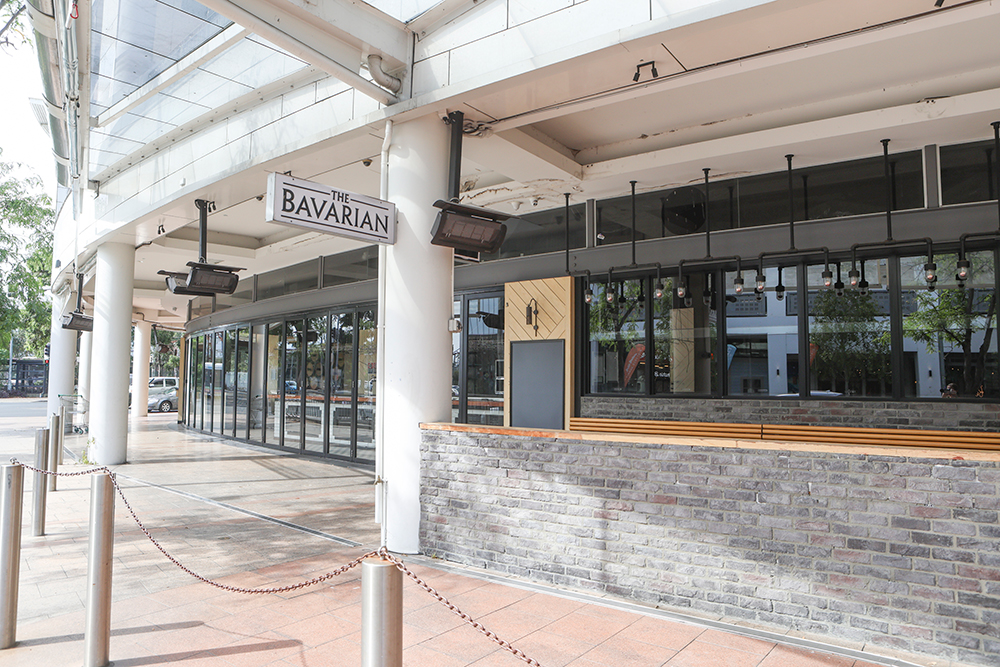
“Every overhead that you have has increased… the people are there but spending less.”
A restaurant owner who has chosen to remain anonymous echoes these thoughts, fearing the worst is yet to come.
“I feel like it has been a mix of things like cost-of-living, interest rates, food costs have gone up ridiculously, and all the other things that keep going up like our rent,” they said.
“With cost-of-living people aren’t going out as much, or they might be going out but just cutting it back.”
Carrasco expressed how both the government and local councils could be doing more to help small businesses during this time.
“The government is effectively putting us into this position, but I think you could argue that Council could do a little bit more at the same time,” Carrasco said.
“They’ve [Council] got no problem leveraging these places to come into the area and highlight how good these things are for the area.
“I think it is really time that Council takes a check on all these great hospitality venues.”
The Weekender understands that a number of other restaurants in the Penrith area are also close to closing their doors.
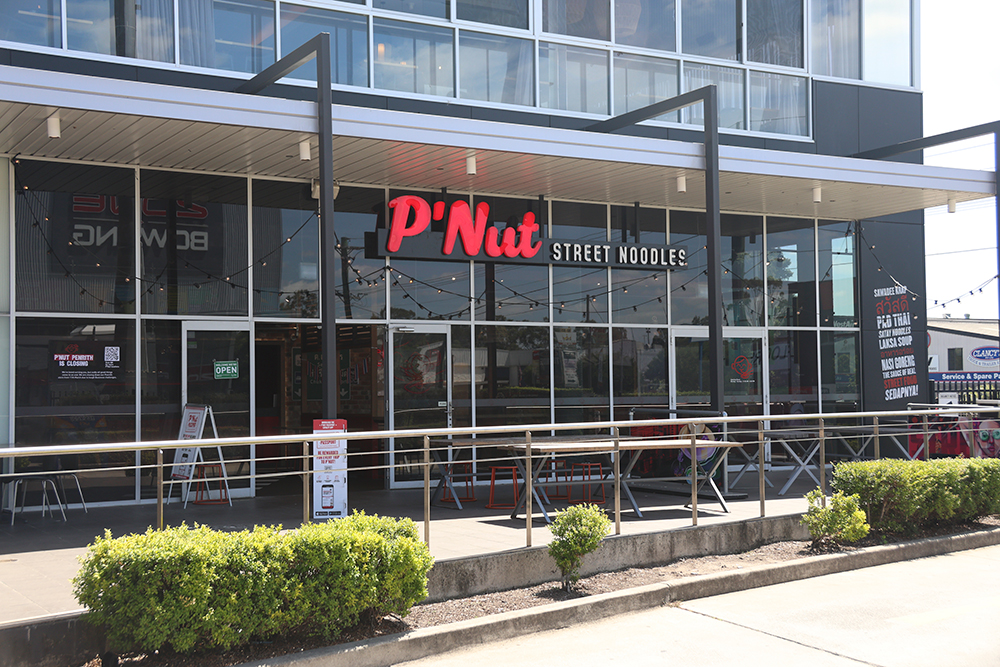
“I think in the next 12 months you’ll see a lot of businesses closing, restructuring and things like that,” the anonymous restaurant owner said.
“There has to be some initiatives for hospitality because there is going to be a lot more carnage before it gets better.”
Carrasco urged locals to continue supporting local restaurants where they could, to ensure they survive and the carnage does not continue.
Shadow Minister for Energy Affordability and Lindsay MP, Melissa McIntosh, said rising energy costs were playing a huge role in the long list of businesses closing their doors in western Sydney.
“Cost-of-living, [and] energy costs are the number one issue for people in my community and right across western Sydney,” McIntosh said.
“I’m also hearing daily that we have major closures of small businesses, people just trying to have a go, to get ahead in western Sydney, because of energy costs specifically they’re now having to close their doors.”
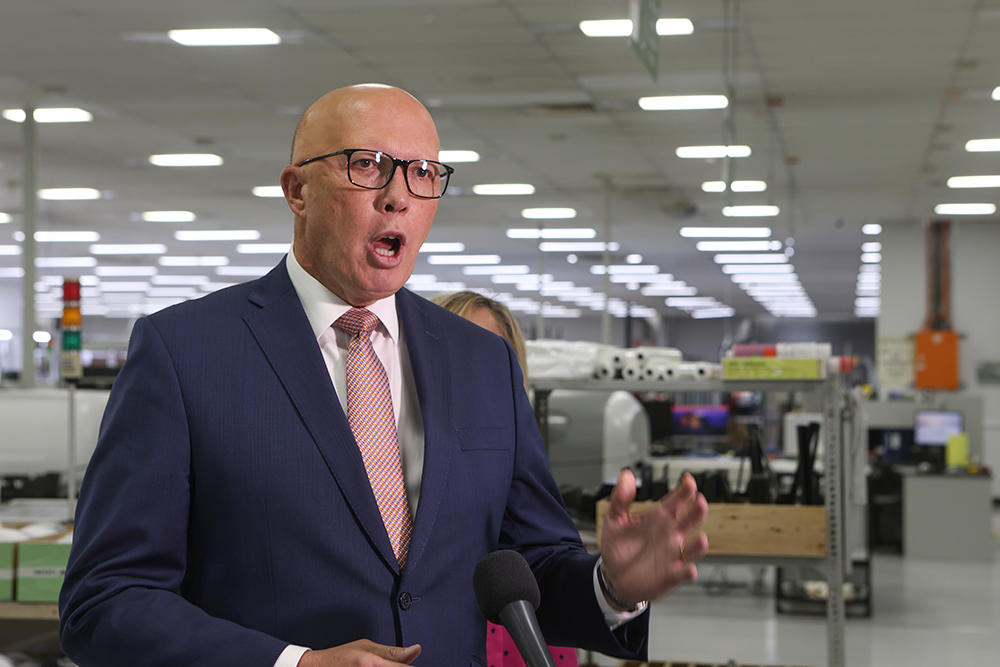
Opposition Leader Peter Dutton spoke at a press conference this week where he said how increasing energy prices are affecting small businesses.
“We know that we’ve got a record number of small businesses closing across the country,” Dutton said while in Jamisontown.
“We know that we are in a per capita GDP recession at the moment for individuals who are really doing it hard.
“… At the moment there is so much uncertainty in the economy, and businesses … continue to have significant growth in their – not just their energy costs – but their input costs otherwise.”

Emily Chate
Emily Chate joined The Western Weekender in 2024, and covers local news - primarily courts and politics. A graduate of the University of Wollongong, Emily has contributed to The Daily Telegraph and worked as a freelance journalist.

